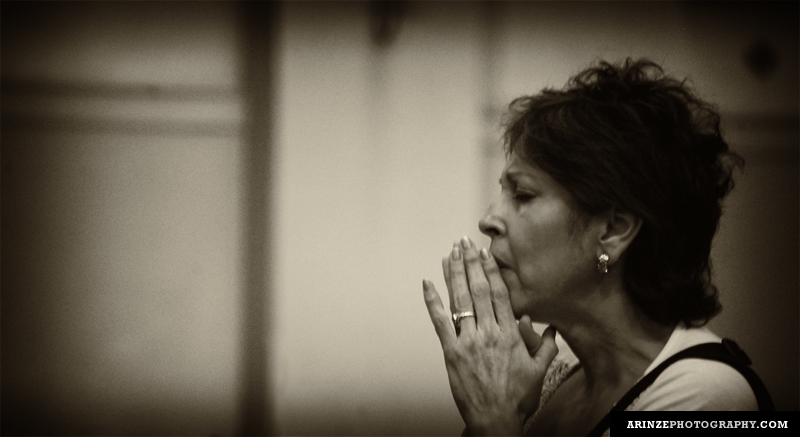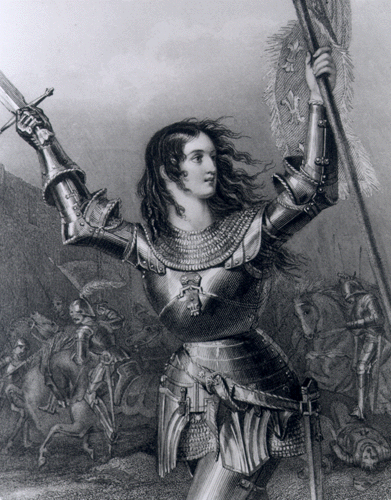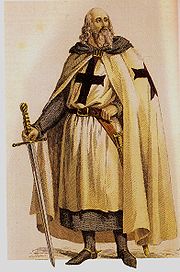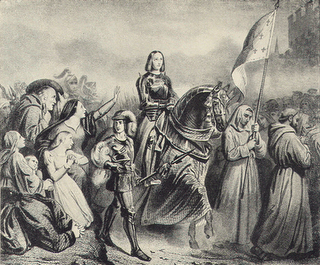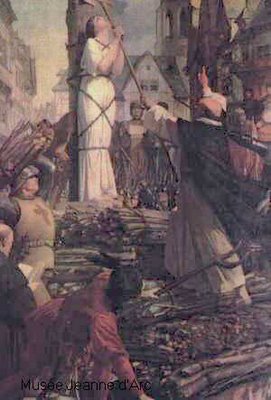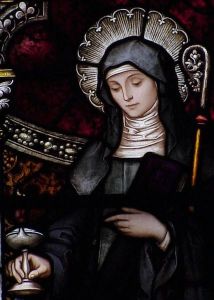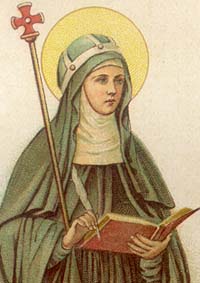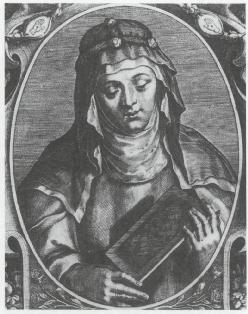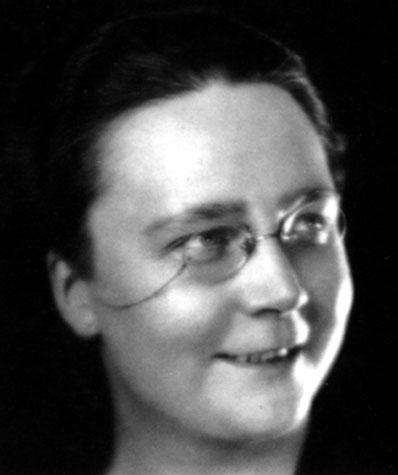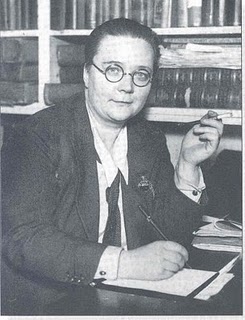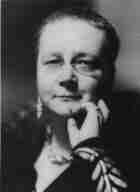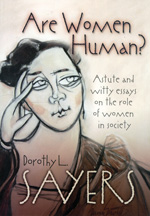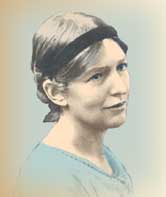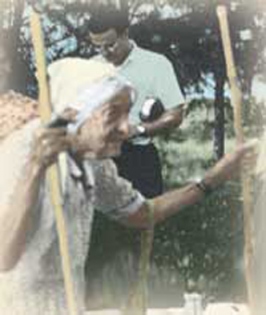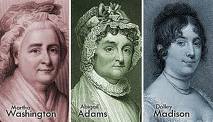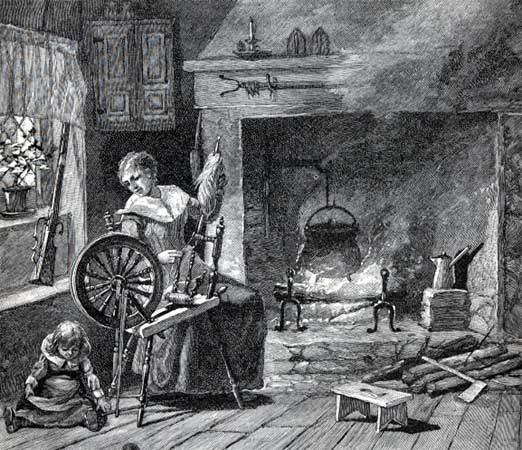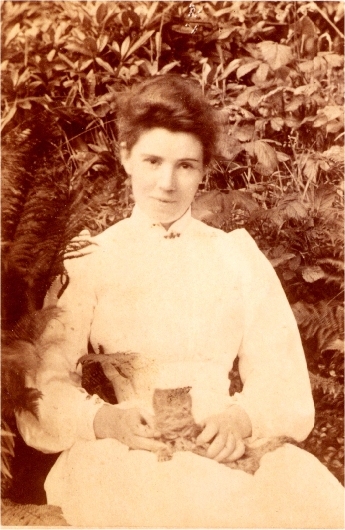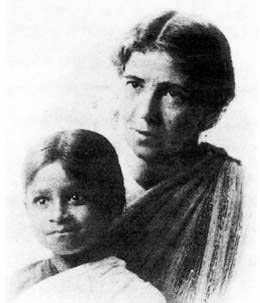Now Deborah, a prophetess, the wife of Lappidoth, was judging Israel at that time. She used to sit under the palm tree of Deborah between Ramah and Bethel in the hill country of Ephraim; and the sons of Israel came up to her for judgment. (Judges 4:4,5)
Then Deborah and Barak the son of Abinoam sang on that day saying, “That the leaders led in Israel, that the people volunteered, Bless the Lord! … In the days of Shamgar the son of Anath; in the days of Jael, the highways were deserted, and travelers went by roundabout ways. The peasantry ceased, they ceased in Israel, until I, Deborah, arose, until I arose, a mother in Israel. … Awake, awake, Deborah; Awake, awake, sing a song! … Thus let all Your enemies perish, O Lord; But let those who love Him be like the rising of the sun in its might.” And the land was undisturbed for forty years. (Judges 5:1, 6, 7,12, 31)
Last week we began the story of this amazing woman that God’s Holy Scriptures devotes two whole chapters to (Judges 4 and 5). Just as Sarah, Hannah, Ruth, Mary and many other godly women did, Deborah made herself available to follow God’s calling in her life. Deborah has the honor of being called “a mother in Israel” and that is a special honor like being called a patriarch. God chose this remarkable woman to lead His people in their time of trouble.
God called Deborah to be a judge and a prophet. These were special positions. The judges were leading in Israel until the time that God would give them a king. Judges did not only decide cases but they were also spiritual, political, and in most cases military leaders. As a prophet, Deborah was called on by God to speak His word to His people. Deborah would be the one that the people looked to in order to hear God’s will for their lives.
Deborah sat under a special palm tree where anyone who wanted to come to her for  advice or for adjudication could find her. Though she was a married woman, this was the job God called her to do. We know that her husband’s name was Lappidoth but the Bible says nothing more about him. In those days the husband’s family name identified the household. It is important to see that though Deborah was the one called to be a judge, and not her husband, she in no way was going against the traditional roles for women as wives. Because of her godly example, both she and her husband were honored. This amazing woman found time to be a wife, a judge, and a prophet.
advice or for adjudication could find her. Though she was a married woman, this was the job God called her to do. We know that her husband’s name was Lappidoth but the Bible says nothing more about him. In those days the husband’s family name identified the household. It is important to see that though Deborah was the one called to be a judge, and not her husband, she in no way was going against the traditional roles for women as wives. Because of her godly example, both she and her husband were honored. This amazing woman found time to be a wife, a judge, and a prophet.
There were two ways in which Deborah was different from the other judges in Israel. First, she was a prophet. Other than Samuel who was a judge, priest, and a prophet, none of the other judges were prophets. If you look at the lives of some of the other judges, there is a clear difference in the godly way Deborah lived. Just look at Samson’s behavior with Delilah for example. Gideon showed less than stellar trust as well. Deborah’s life showed her complete trust in God, and the Israelites recognized her as a spiritual leader. They honored her recognizing that Deborah’s other special calling besides judge was as prophet.
Secondly, Deborah was not a military leader. Some writers assume that she was because all of the other judges were. Yes, she went with Barak to war, but notice that Barak was the military commander, not Deborah. Her place in God’s plan was as the spiritual leader to appointed Barak at the command of God. When Barak showed less than perfect faith in God, Deborah the prophet foretold that the victory over the leader of the Canaanites, Sisera, would go to another woman – Jael.
Deborah was with Barak to witness the victory over their enemies. She could not help but burst into song to praise God as the One Who really brought the victory.
 Even today Deborah’s song is considered second only to the song of Moses. In the first part of the song, Deborah tells of God’s might from the time of the Exodus and Israel’s wanderings in the desert. God gave them the law at Mount Sinai and brought them to the Promised Land. Deborah recounts how much the Israelites have suffered since being in the land. Of course we know that their suffering was due to their disobedience to God, especially when they turned to the idols of the surrounding pagan people.
Even today Deborah’s song is considered second only to the song of Moses. In the first part of the song, Deborah tells of God’s might from the time of the Exodus and Israel’s wanderings in the desert. God gave them the law at Mount Sinai and brought them to the Promised Land. Deborah recounts how much the Israelites have suffered since being in the land. Of course we know that their suffering was due to their disobedience to God, especially when they turned to the idols of the surrounding pagan people.
Deborah tells how beginning with the days after Shamgar, the judge who immediately preceded her, the Israelites were under such oppression that they could not even walk on public roads safely. “Travelers went by roundabout ways” (Judges 5:6). The people had no weapons with which to defend themselves. The people seemed to be helpless.
Then God chose Deborah, a mother to her people in Israel. Deborah appointed Barak to lead the Israelites in battle against the Canaanites. Men from the tribes of Ephraim, Benjamin, Zebulun, and Issachar came to fight in the war (Judges 5:14,15).
In poetic fashion, Deborah then describes the battle and gives the victory to the Lord.
“The stars fought from heaven, from their courses they fought against Sisera” (Judges 5:20). This is obviously a metaphor for the Lord. She goes on to describe the miraculous way in which the Lord defeated Jabin’s mighty army. “The torrent of Kishon swept them away” (verse 21). Once again God delivered His people in a miraculous way by sending the flood that bogged down their chariots.
Her song goes on to praise Jael, the woman to whom God chose to give the honor of the defeat of Sisera. The story is gruesome but true.
Most blessed of women is Jael, the wife of Heber the Kenite;
Most blessed is she of women in the tent.
He asked for water and she gave him milk;
In a magnificent bowl she brought him curds.
She reached out her hand for the tent peg,
And her right hand for the workmen’s hammer.
Then she struck Sisera, she smashed his head;
And she shattered and pierced his temple.
Between her feet he bowed, he fell, he lay;
Between her feet he bowed, he fell; where he bowed, there he fell dead. (Judges 5:24-27)
Deborah’s song next makes an interesting comparison with her identity as a mother in Israel and another mother’s story. While Deborah the mother in Israel is rejoicing, the mother of Sisera is lamenting. “Why does his chariot delay in coming? Why do the hoof beats of his chariots tarry?” (Judges 5:28) While Deborah has witnessed the Lord’s victory, this other mother will be waiting in vain. Her son was defeated by the Lord.
Deborah concludes with a prayer:
Thus let all Your enemies perish, O Lord;
But let those who love Him be like the rising of the sun in its might. (Judges 5:31)
The land had rest for forty years after this. The Lord’s victory with His servant Deborah was complete.
How many leaders can claim to have done so much for their people?


